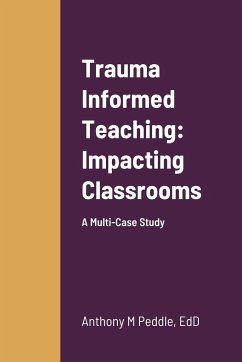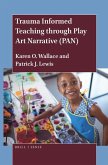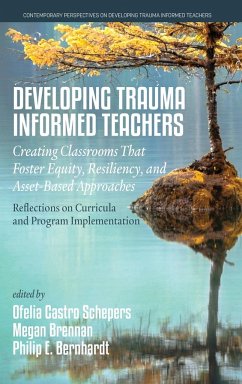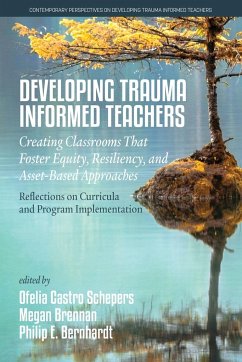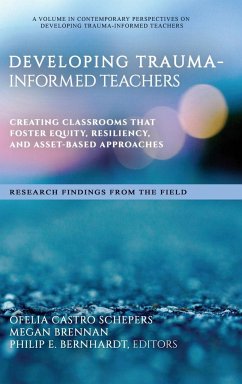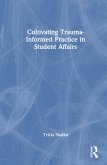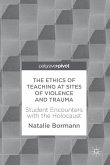This research uses Adverse Childhood Experiences (ACEs) and how teachers use their own experiences in their classrooms. Recent re-searchers have concluded that the prevalence of childhood trauma and can cause increased, long-term effects on individuals (Connor, Ford, Arnsten & Greene, 2015; Edwards, Anda, Felitti, & Dube, 2004; Ed-wards, Holden, Felitti, & Anda, 2003; Felitti, 2002; Felitti, Anda, Nor-denberg, Williamson, Spits, Edwards, Koss, et al., 1998; Kalmakis & Chandler, 2014; Whitfield, 1998). Recent studies noted that children who experience at least one ACE are more likely to exhibit difficulties in their education (Duplechain, Reigner, & Packard, 2008; Forster, Gower, Borowsky, & McMorris, 2017), behavior (Hunt, Slack, & Berger, 2017) and physical health (Felitti, 2002). However, this study thoughtfully researches classroom teachers who have positive ACE scores (N¿1) and how they manage and use these experiences to inform a classroom culture of trauma-informed care. This dissertation uses Felitti et al.'s original ACE work (1998) as well as Finkelhor, Shattuck, Turner and Hamby's (2015) revised ACE questionnaire as a framework for the inquiry and descent into research.
Hinweis: Dieser Artikel kann nur an eine deutsche Lieferadresse ausgeliefert werden.
Hinweis: Dieser Artikel kann nur an eine deutsche Lieferadresse ausgeliefert werden.

